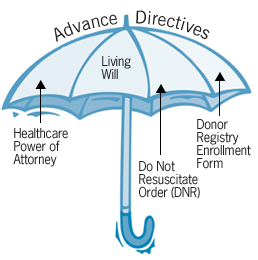Advance or Advanced?
I’ve seen a number of notices recently that misuse
the word advanced. Here’s an example from a physician’s office: “If you know
that you are going to miss a medical appointment, please give at least a
24-hour advanced notice.” That should have been advance notice.
The adjective advanced means sophisticated, complex,
or at a level higher than others. In graduate school, you might get an advanced
degree. You could study advanced nuclear physics. Your great-grandfather is at
an advanced age. Advanced thinkers do not accept simplistic solutions. Your
five-year-old child has a more advanced vocabulary than other children her age.
The adjective advance means supplied ahead of time,
or prior. You give your employer advance notice—notice before you quit. Before
you reach a crisis in health, you give your physician an advance
directive—don’t plug me into a machine if there’s no realistic chance of
recovery. We appreciate advance warning when serious storms are approaching.
Advance ticket sales often come with a discount.
Viewed side by side, advance warning is given before
a crisis occurs; an advanced warning would be highly sophisticated—perhaps a
holographic image projected into the sky. Advance warfare would impossibly
involve armed conflict before the
fighting broke out; advanced warfare might depend on laser technology or
robots. An advance stage of cancer would be strangely pre-cancerous; an
advanced stage of cancer would probably mean that death is imminent.
Listen
to Mike’s program in real time every Tuesday morning, 9:10 - 10:00 a.m. EST, by
going to wtcmradio.com and clicking on Listen
Now. You’ll also find about a month’s worth of podcasts there under The Ron Jolly Show.



Comments